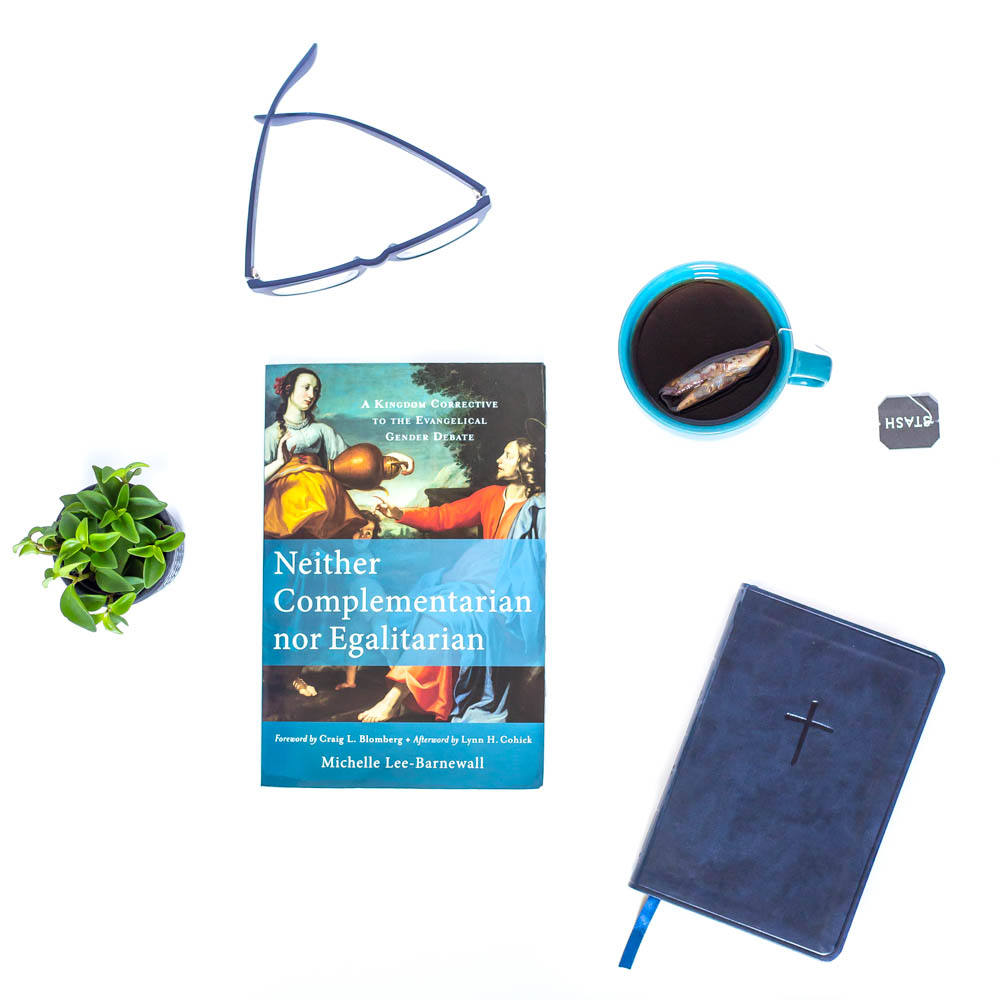Description
I first came across the title Neither Complementarian Nor Egalitarian by following author and podcaster Phylicia Masonheimer on Instagram and also by listening to her podcast. Dissatisfaction with the idea of having to choose a side in the evangelical gender debate, when neither side fully reflects the scope of God’s plan for men and women as detailed in Scripture, and knowing that the terms complementarian and egalitarian aren’t in Scripture, led to me ordering and reading the book – and I’m SO glad I did.
Neither Complementarian nor Egalitarian is one of the most refreshing resources I’ve come across when it comes to the evangelical gender debate. For those who may be unfamiliar with the two opposing positions, complementarianism generally focuses on the idea that men and women are both created in the image of God with equal value, dignity, and worth yet occupy separate roles in the marriage relationship. Those who hold to this position view the office of elder as one that God has given to qualified men (1 Timothy 2:11-13, 1 Timothy 3:1-7). Egalitarianism focuses primarily on equality for women in both the home and the church and those who hold to this view generally believe that women can hold any church office that a man is permitted to. Generally, the complementarian position consists of legalistic rules unfounded in Scripture, and generally, egalitarianism involves seeking equality and rights – ideas that were unknown in the time and cultures in which the events of Scripture occurred.
It appears that Christianity has adopted some of the ways of the world in that many Christians have been complicit in disunity within the global and local body of Christ by participating in the sin of partiality (James 2:1, James 2:9) toward those within their own spiritual family who hold different convictions than they do on secondary issues. In this day and age, there seems to be an unspoken demand to immediately take a “side” on every minor issue in order to truly be a Christan, and trying to navigate which side actually fits within the scope of Scripture is exhausting and leaves much to be desired. Read my full review here.






